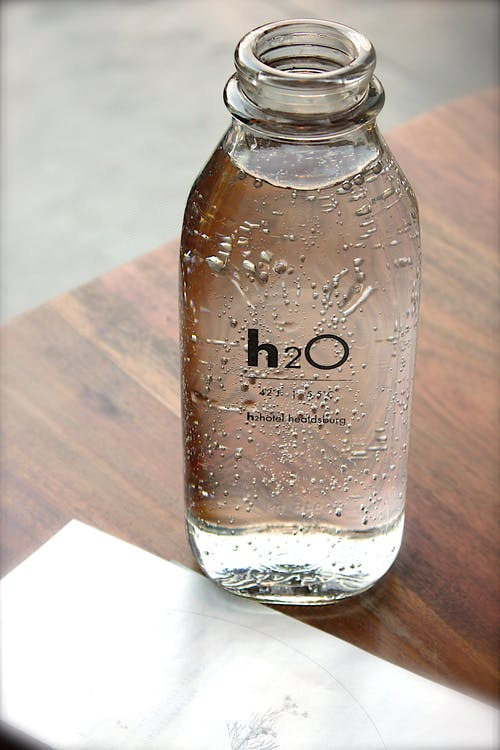As more and more people become more aware of the condition of our environment, more people want to take part in the movement to improve it, especially knowing that it’s our decisions, choices, and lifestyle habits that have been a direct contributor to its devastation.
We only have one planet and one of the biggest ways we’re having a negative impact on it is by wasting. If you look at your daily routine, you’ll be blown away at just how much you waste. From lifestyle habits to food and water, there are several different things you can do to live more sustainably by reducing your waste every day.
Follow these tips to reduce your waste on a daily basis.
Switch to Electricity Generated From Renewable Resources
How many times have you opened your electric bill and almost fainted? Well, if you’re like most people, this happens during the hot summer months and the cold winter months. In addition to that, how many times have you gone from one room to the next leaving all the lights on? Probably more often than you want to admit…
The point is that on a daily basis, we go about our daily routines wasting energy, and the fact that the energy most people use is generated from non-renewable resources means that we’re unnecessarily harming our own indoor air quality and putting harmful contaminants into the environment as well.
According to scientificamerican.com, for every one unit of energy that is converted into electricity, two units are wasted in the form of thermal energy. By switching to an electric provider that provides electricity generated from renewable resources like sun, wind, and water, people would waste energy considerably less and it wouldn’t do any harm to the environment.
If you live in a deregulated state like Texas, you can compare electric rates among all electricity suppliers in TX.
Don’t Leave the Water Running When Brushing Your Teeth
Some people actually are mindful enough to remember to turn the faucet off while brushing their teeth, but if you’re like the rest of us, you probably leave the water running while brushing. It may not seem like a big deal because you only leave it running for a short while… definitely not long enough to make a major impact.
But au contraire… It does make quite an impact. When we mindlessly run our tap water, we’re wasting up to two gallons of water per minute, and that’s just for one person doing that per household. Imagine how much water wasted that would be for every person in the world per household.
Eliminate Plastic Water Bottles and Use Glass or Reusable Bottles
For every person, you see at the grocery store buying those big 24 or 32-count packages of water bottles, only one out every six bottles actually gets recycled. So what does that mean? It means that those empty water bottles are being sent to landfills, which pollute the air and cause significant damage to the environment.
On top of that, plastic is made from harmful and toxic chemicals… When you drink water from plastic water bottles, you’re actually drinking some of those harmful toxins. Switching to reusable or glass bottles not only drastically reduces your carbon footprint but it also prevents those harmful toxins from entering your body.
Eat Leftover Food
According to Mercy Corps, there are 821 million people in the world who don’t have enough food to eat to live a healthy life, and 20 million of those people are currently at risk for famine in places like South Sudan, Yemen, and Somalia.
As disheartening as that number is, we still will cook food or go out to eat and end up wasting sometimes more than half of the food. If you know that you can only eat leftovers up to the next day after a meal was prepared, be more mindful of how much you cook or how much you put on your plate.
If there’s the meat you’ve prepared, consider creating a new dish from it. If you simply have a ton of leftovers from a celebration, holiday, or event, consider bringing it to work to share with your coworkers or other departments. The point is to do whatever you can to not waste your food. You can even donate your leftover meals to homeless shelters or homeless individuals you see on the street.

